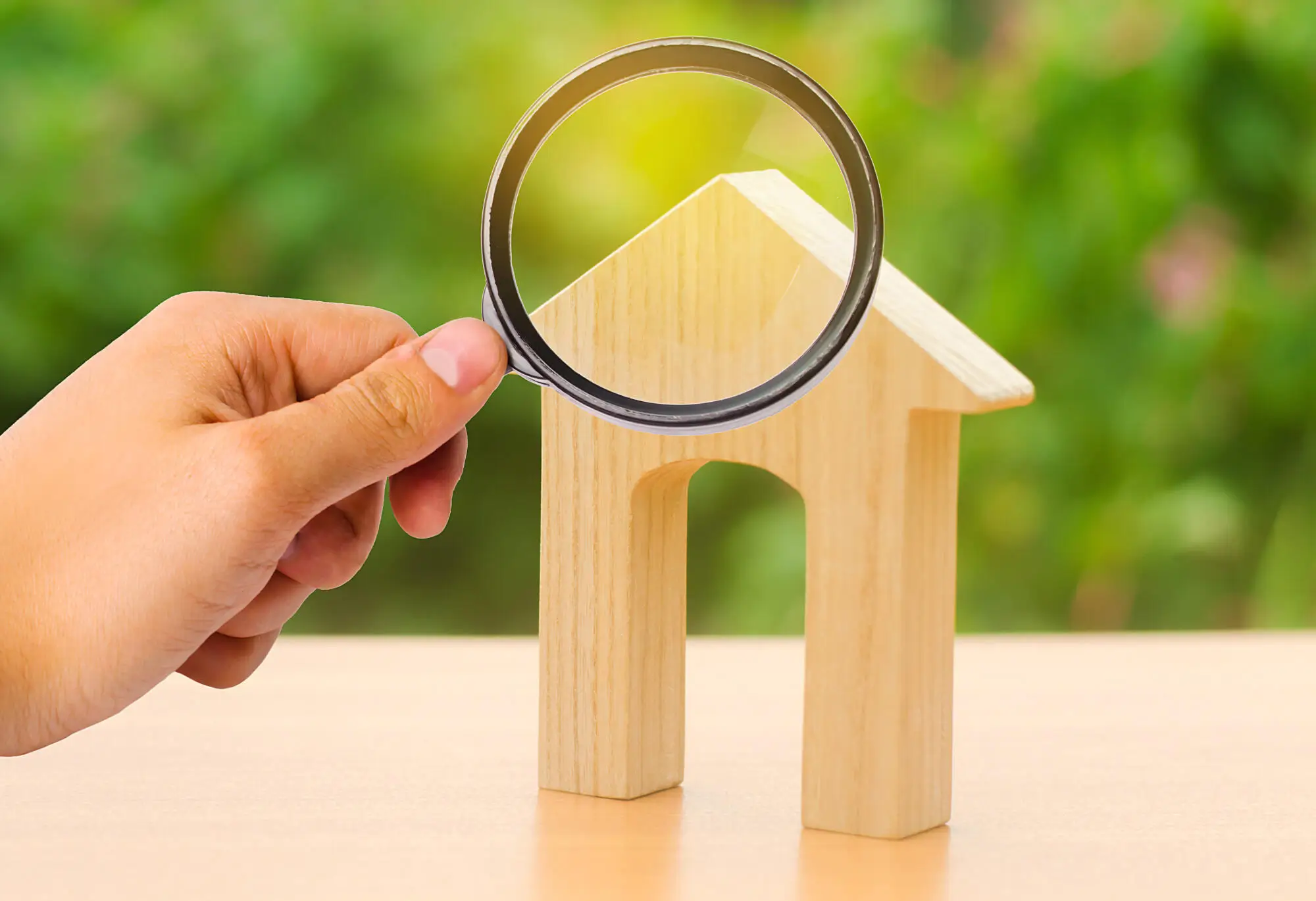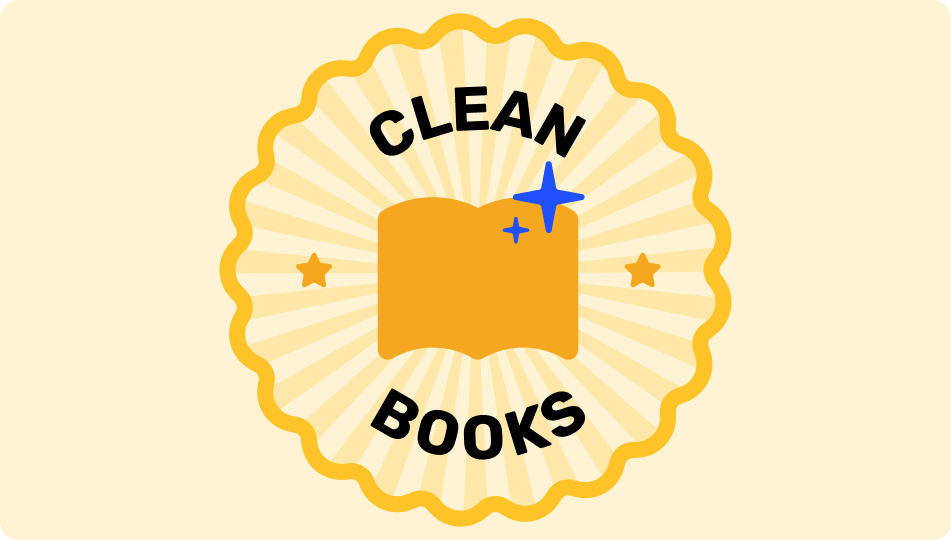As a Charlotte, NC, landlord, it's your right to inspect your rental property to ensure tenants use it according to the lease agreement. And you should, as you don't want to deal with the hefty costs of repairing tenant-caused property damage. USA Today says home maintenance and repair expenses cost typical homeowners around $6,000 annually.
However, remember that there are both tenant and landlord inspection rights. For this reason, you must know the answers to the question, "What can a landlord look at during an inspection?"
The Carolina Property Management, LLC team answers that and other related questions in this landlord-tenant inspection guide, so read on.
What Can a Landlord Look at During an Inspection?
What a landlord can look at during an inspection should align with their responsibilities per North Carolina General Statutes § 42-42. Under this law, landlords must maintain and repair the following, making them critical components of a rental inspection checklist:
- Electrical system
- Plumbing system
- Heating, ventilation, and air conditioning (HVAC) system
- Facilities and appliances
- Ceilings, walls, windows, and floors
- Smoke and carbon monoxide (CO) alarms
What Do Landlords Look for During Inspections?
As a landlord, you should look for signs of problems affecting the items above that may affect their and your property's safety and habitability. By regularly conducting inspections, you can stay on top of your property maintenance and repair duties.
Here are some examples of what savvy landlords look for (and what you should, too):
- Loose light switches and scorch marks on wall outlets
- Leaky plumbing fixtures
- Dirty HVAC filters
- Signs of water leaks and mold on ceilings and walls
- Drafty windows and faulty window hardware
- Loose or sagging floorboards
- Non-working smoke and CO alarms
- Signs of pest infestation and damage
You can also inspect furnishings you own and have "lent" to tenants as part of the lease agreement. Examples are tables, sofas, and other pieces of furniture (e.g., TV stands, computer desks, routers, modems, etc.).
What Landlords Shouldn't Look at During Inspections
First and foremost, you usually can't look at anything inside your rental without asking your tenants' consent to conduct property inspections. The only exception is if there's an emergency (e.g., a fire) or if you suspect the tenant has abandoned the property.
Let's say you've obtained permission from your tenant. In this case, be careful not to rummage through or look at their:
- Personal belongings
- Mails or documents, even if they're in the open
- Unlocked electronic devices, such as computers or tablets
Be Careful During Property Inspections
And there you have it, your answer guide to "What can a landlord look at during an inspection?" You also learned what you cannot and should not do during one.
So, the next time you have an inspection scheduled, remember our tips and checklist to avoid possible legal disputes with your tenants. Better yet, consider leaving the task of managing your properties, including inspecting and maintaining them, to our company, Carolina Property Management, LLC.
Since we opened our doors in 2008, we have provided high-quality, full-service real estate and property management solutions to landlords and tenants throughout Charlotte, NC.
Contact us today to learn more about what we do and request your free rental analysis!















